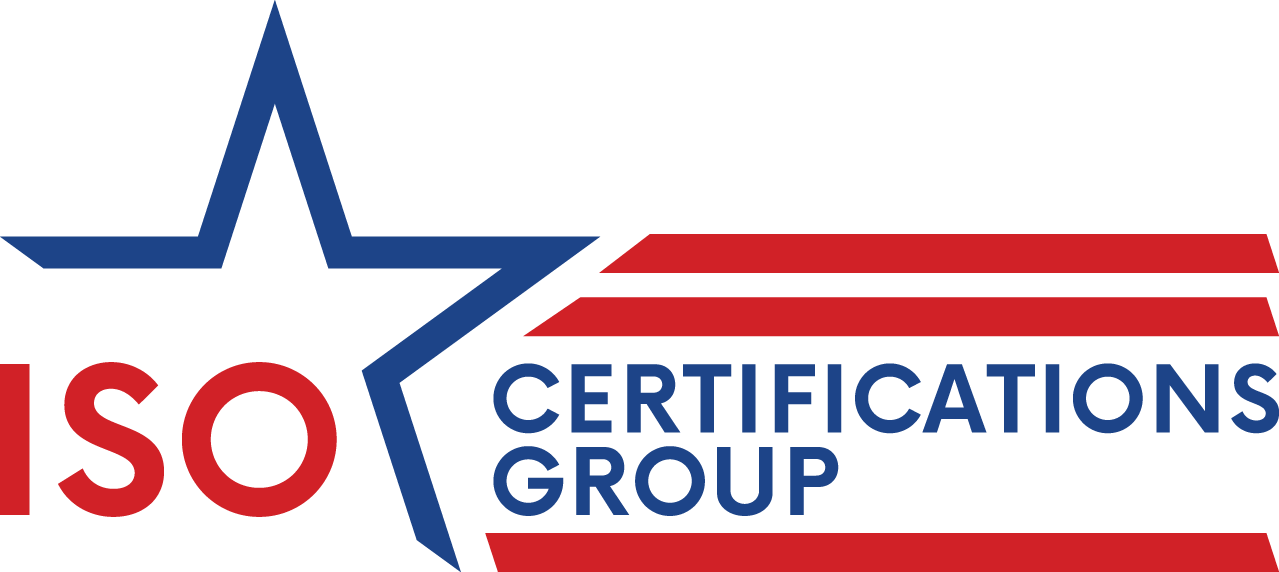When it comes to ISO Certification, choosing the right certification body to work with is crucial. We’ve discussed many reasons why organizations may be dissatisfied with their certification body, as well as reasons for transferring a certification, in previous articles. However, many clients often ask another question: does your certification body offer consulting services?
Many certification bodies offer consulting services to organizations that they have certified, often phrasing this as a “one-stop-shop” or “less expensive” option for your management system needs. Despite the way this is advertised, certification bodies should be committed to providing impartial and reliable certification services without conflicts of interest.
Below, we’ve listed the Top 5 reasons why your certification body should not provide consulting services for companies that they currently or potentially may certify.
Top Reasons Certification Bodies Should Not Offer Consulting Services
Preserving Compliance with ISO 17021 Standards
ISO 17021 standards guide certification bodies in maintaining independence and impartiality during assessments. These standards prohibit certification bodies from offering consulting services to avoid any conflict of interest that might arise. If certification bodies were to provide both certification and consulting, it could jeopardize their ability to deliver unbiased assessments. By adhering strictly to ISO 17021, certification bodies protect their credibility and ensure the fairness and trustworthiness of the certifications they issue.
Protecting Objectivity and Impartiality
Certification bodies are trusted to provide objective assessments, free from any undue influence or bias. When a certification body also offers consulting services, there is a risk that such relationships could compromise or be perceived to compromise the impartiality of the certification process. To maintain credibility, it is essential for certification bodies to clearly separate the roles of certifying and consulting, ensuring that their evaluations remain unbiased and reliable. This separation reinforces the integrity of certifications and upholds the confidence clients and regulators place in them.
Maintaining Trust with Clients and Stakeholders
When certification bodies offer consulting services, clients may question the objectivity of their certification audits. This potential conflict of interest can erode trust, as clients, regulators, and other stakeholders expect certification assessments to be independent. By focusing solely on assessment and certification, certification bodies demonstrate their commitment to transparency and objectivity. This approach not only strengthens client relationships but also builds trust in the certification results among all stakeholders.
Protecting Long-Term Industry Credibility
Independent certification bodies play a crucial role in upholding the credibility of widely recognized standards like ISO 9001 and ISO 14001. If certification bodies are seen as “double-dipping” by offering both certification and consulting, it could harm the reputation of the entire certification industry. Certification bodies, therefore, have a responsibility to foster a fair and transparent environment that supports the long-term credibility of certification standards. This impartial stance benefits clients, industries, and society by ensuring trustworthy, unbiased certifications.
Avoiding Conflicts of Interest
Offering consulting services could create pressures for certification bodies to prioritize revenue over objective auditing, risking conflicts of interest. Certification bodies that separate consulting and certification avoid these pressures, enabling them to remain fully focused on providing impartial, high-quality assessments. By recommending independent third-party consulting resources to clients, certification bodies can support client needs without compromising their own impartiality. This clear division not only promotes fair competition but also reinforces ethical practices across the certification ecosystem.
Conclusion
Certification bodies play a vital role in providing unbiased, reliable assessments that clients, regulators, and the public can trust. By avoiding consulting services, they uphold industry standards, maintain credibility, and prevent conflicts of interest, ensuring that their certifications remain objective and respected. Choosing a certification body that prioritizes impartiality ultimately benefits organizations by reinforcing the integrity and value of their certifications.
At ISO Certifications Group, we pride ourselves on our three core values: trust, integrity and respect. If your organization is seeking a trusted and reliable certification body, contact us today and we’ll help you begin the journey to ISO certification.

